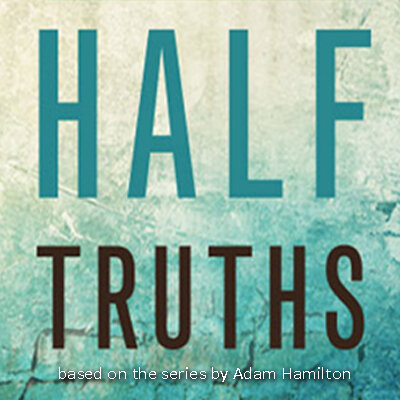When Hearts Become Stone
Between the Waters: Part 3
September 28, 2025
I am the LORD your God who brought you out of Egypt, out of the house of slavery. You must have no other gods before me.
~ Exodus 20:2-3 (CEB)
_______________
This week we’re looking at the Ten Commandments given to the Israelites in the wilderness. They are often used as weapons against a more secularized world, but we too easily forget that these were commands given specifically to God’s people. They were not for Egypt, or Assyria, or even the Cannanites.
In fact, the first few commands would not even make sense to those who are not already followers of God. How can “Have no other gods before me,” for example, have the same meaning to an athiest, a Buddhist, a Hindu, or anyone else who does not already identify as a follower of this God?
God begins by reminding the people that He has rescued them from slavery in Egypt and He is making them into a new nation, a different kind of people who live by a different set of values than any other nation then or now.
As God’s people, this is the way we are called to live, but too often I think we get distracted by trying to enforce the rules on everyone else that we completely miss the point of first setting people free from whatever holds them in bondage so that they can live fully in the love and mercy of the God who saves.
excerpt from The Lost Message of Jesus, Steve Chalke
A few years ago I was taking part in a live debate on the BBC’s Radio Five Live, Drive Time show. One of the stories the program was covering was on the issue of adultery. As we chatted the presenter chipped in, “Why is God so miserable? Why has he got such a downer on everything we do?” And then, building into a real anti-God kind of rant, she added, “Don’t do this and don’t do that. Don’t commit adultery. It’s pathetic.”
I interrupted her with a question. “Does the Bible really say, ‘Don’t commit adultery?’”
“Yes, it does,” came her rapier reply.
“Well, I’ve never read that bit,” I said.
“You know very well it’s in there,” she retorted. “In fact, it’s in there twice. It’s one of the Ten Commandments.”
“Oh, now I know what you are talking about,” I exclaimed. “It’s just that I didn’t recognize it at first because of the tone of voice you were using.”
“What do you mean?” she asked.
“You’re absolutely right,” I continued. “God does say that we shouldn’t commit adultery, but not in the way you’ve read it. You see, before he gives any of the Ten Commandments he introduce himself as the God who loves Israel. He lets them know that his is for them not against them. He wants the best for them. God didn’t sit in heaven making a list of all the things he knows human beings like to do and then outlaw them all to spoil our fun. Rather he knows the pain and heartache that we will cause others and ourselves if we pursue agendas that are contrary to the way he made us to be. The Ten Commandments is a loving God saying, ‘Look, I am the God who loves you. I’m on your side. I got you out of slavery. I’m the best deal you’ve got going for you. Trust me. Don’t steal. Don’t lie. Don’t abandon me. Don’t commit adultery because if you do it will unleash destructive powers that will slowly overshadow you, destroying you, your families and your society. Trust me. Don’t be stupid.’”
The presenter looked at me in astonishment. Quietly she said, “No-one has ever explained it to me in that way. That makes so much sense.” Within minutes the phones were ringing with dozens of people all saying the same thing: “Why hasn’t anyone ever told us this before? I’ve been going to church all my life and no-one has ever explained it to me like that.”
How does this story resonate with your own experience of the Ten Commandments?





